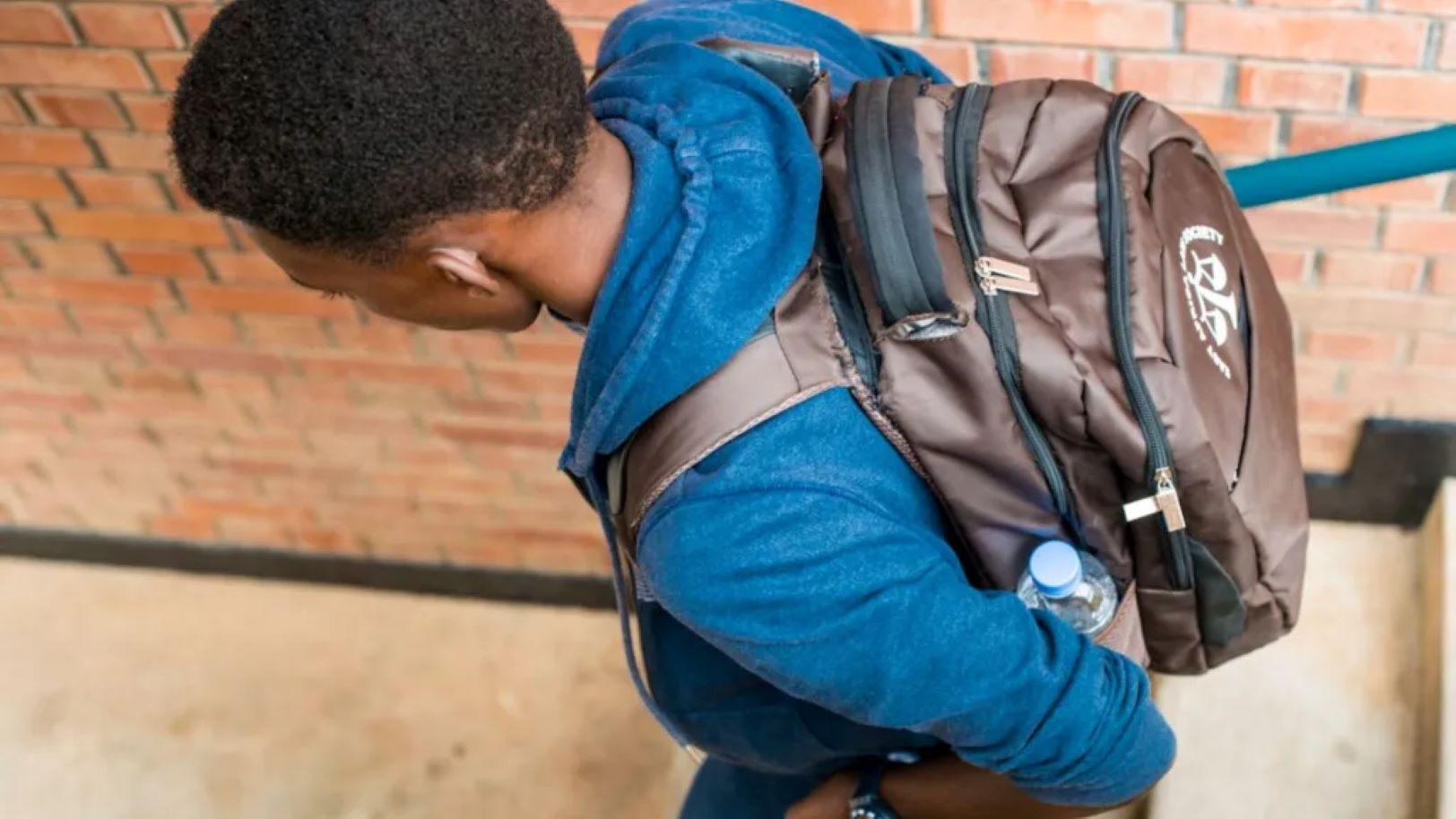As the new school year gets underway, many students and their families are trying to figure out how to manage growing expenses. Tuition, textbooks, transportation, meals—it all adds up faster than most people expect. Having a financial plan in place can reduce stress and help students stay focused on academics instead of money worries. With a solid budget, consistent tracking, and a few smart habits, students can make their dollars go further.
Key Takeaways
- Create a budget: A budget helps you see where your money is going and where you can save.
- Track all expenses: Use an app or even a simple notebook to keep track of every dollar you spend.
- Look for discounts: Student IDs often come with deals on transportation, food, and software.
- Plan your meals: Cooking at home or packing lunch is almost always cheaper than eating out every day.
- Explore secondhand options: Buy used textbooks or refurbished electronics to cut costs.
A good financial plan almost always starts with a budget. Begin by listing your fixed costs, such as housing, transportation, and internet. Then add in variable costs like food, entertainment, and personal items. Some students like using a simple notebook or spreadsheet, while others prefer mobile apps such as Mint or Goodbudget, which automatically sort spending into categories. Seeing where your money goes makes it easier to adjust and save.
One of the biggest expenses for students is textbooks and school supplies. New editions can be pricey, so it helps to check if your campus library has what you need before buying. Used books from classmates, campus bulletin boards, or online retailers like Amazon and eBay often cost far less. E-books are another affordable option. As for supplies, buying in bulk or splitting costs with friends can make everyday items like notebooks, pens, or printer paper much cheaper.
Food is another major area where costs sneak up. Eating out near campus can get expensive if it becomes a daily habit. Cooking your own meals is almost always cheaper and healthier. If you live with roommates, consider sharing cooking duties and splitting grocery costs. Even small things, like bringing your own lunch or carrying a water bottle, can prevent those extra purchases that add up quickly.
Then there are the smaller expenses that don’t always seem like much at first, streaming subscriptions, clothing, coffee runs, or social outings. Setting a weekly or monthly limit for these makes a big difference over time. Student IDs are also worth more than most realize. From public transportation discounts to cheaper software from companies like Microsoft and Adobe, the savings really add up if you take the time to check.
Finally, saving is important, even if money feels tight. Starting small still matters. Opening a savings account and setting up an automatic transfer, even just a little each month, helps build a cushion for emergencies or future goals, like buying a new laptop or saving toward grad school. The habit itself is what counts most.
Managing money in college doesn’t have to be overwhelming. With a few careful choices, some discipline, and steady saving, students can take charge of their finances and make this school year much less stressful.
FAQ
Q: How can I manage my money as a student?
A: To manage your money as a student, create a simple budget, track all your spending daily, and try to cook your own meals. Look for student discounts and consider buying secondhand books to save money.
Q: Where can I find affordable textbooks in the U.S.?
A: You can find affordable textbooks by checking your university library, buying used books from seniors, or looking on online marketplaces like Amazon and Chegg. Some publishers also offer cheaper e-books.
Q: What are some good apps for students to track expenses?
A: Popular apps for students to track expenses in the U.S. include Mint, You Need a Budget (YNAB), and Splitwise for tracking shared expenses with friends. These apps help you monitor your spending and stick to your budget.
Q: Is it better to cook at home or eat out as a student?
A: Cooking at home is almost always cheaper and healthier than eating out. By preparing your own meals, you have more control over your budget and can save a significant amount of money over the school year.
Q: How do student discounts work?
A: Many companies and services, including transport, software providers, and restaurants, offer special prices for students. You need to show a valid student ID to get these discounts. Always ask about student concessions before you pay.






